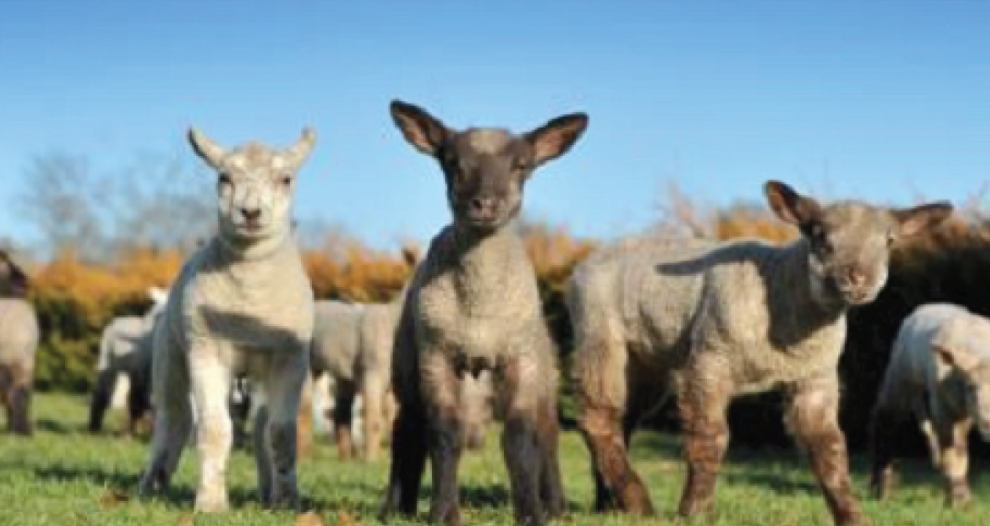
THE ANIMAL health agency APHA and levy board AHDB are urging livestock producers across the country to submit lambs with suspected Schmallenberg virus (SBV) for post-mortem examination as the number of confirmed cases continues to grow.
Lambing flocks across the country have experienced higher than normal losses from deformed lambs with the disease so far confirmed in the South West, South East, Wales and the North East. Early calving herds have also experienced calves affected with congenital defects.
When Schmallenberg was first identified in 2011, vets noted that infected animals appeared to gain resistance after contracting the disease, however, vets have expressed concern about levels seen this year. SBV is transmitted by midges which infect sheep, cattle and goats when they bite. Infected cattle sometimes show symptoms of infection, including diarrhoea and fever, but some infected animals show no symptoms at all. If infected in the earlier stages of pregnancy, lambs and calves can be born with severe malformations that can make delivery very difficult, particularly in those with rigidly fixed limbs that may cause damage to the birth canal.
In their appeal, APHA and AHDB noted that the virus can also reduce growth and milk production in infected animals. The first Schmallenberg case in the UK was confirmed in January 2012 and there is currently no vaccine available; any infection present on farm now will have taken place last year and there is nothing that can be done to alleviate issues at the moment.
A spokesperson for the levy board and the agency said, “We have already heard of a number of cases and mainstream lambing and calving is only just starting. However, the Animal and Plant Health Agency (APHA) hasn’t received many samples so the true extent of the problem is not understood. Farmers and vets are being urged to be vigilant through the lambing and calving period. It is very important that, if producers encounter lambs or calves with deformities, they contact their vets so post-mortem examination can be carried out to establish whether Schmallenberg is the cause.
“When APHA suspects SBV they will fund the testing for SBV. Test results, whether negative or positive, allow you to confirm or rule out specific disease issues in that animal and potentially in the wider herd/flock, so there is value to the individual farm in investigation.
“At present there is no vaccine available and it is already too late to vaccinate sheep that are due to lamb this spring or cows due to calve. However, there will be vaccine available this year and further details on when will be confirmed soon. Importantly we need to discover the true levels of the virus as this will determine activity later this year, which will seek to inform what action we need to take to protect against SBV going forward.”
Dr Simon Carpenter, head of entomology, at the Pirbright Institute, an international farm animal health research centre in Surrey said, “SBV is transmitted between ruminants by midges at a far higher rate than bluetongue virus and so spreads more quickly through farms. This might also mean that it can be transmitted effectively at lower temperatures and so extend the season during which the virus is a threat.”
















Add Comment